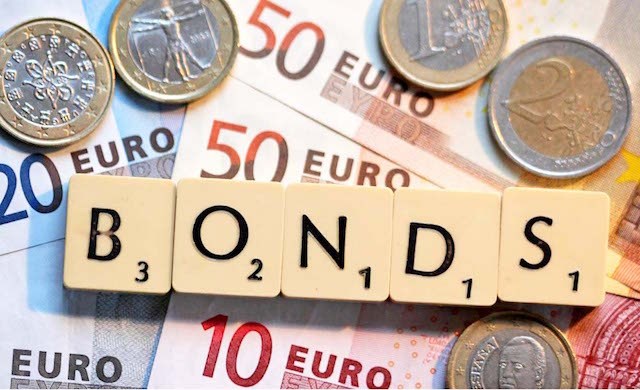Although still not spectacular for a nation that feeds more than 200 million people mostly through imports, the Nigerian naira gained value in the official window on Wednesday. The Naira was exchanged at the Investor’s and Exporters’ window for the dollar at N440.67 as the pressure on dollar demand lessened. In comparison to Tuesday’s exchange rate of N441.17 to the dollar, the local currency increased by 0.11 percent.
Currency dealers reported that the open indicative rate ended on Wednesday at N440 to the dollar in their market notes. Before it finished at N440.67, the exchange rate for the day’s trade reached a high of N461 to the dollar.
During the day’s trade, the Naira fell as low as N415.50 to the dollar. On Wednesday, transactions in the official Investors and Exporters window totalled 95.39 million dollars.
According to data from the Central Bank of Nigeria, the market price for foreign reserves is still hovering around $38 billion. Ahmed Zainab, Nigeria’s finance minister, told Bloomberg in Washington, D.C. yesterday that if market circumstances improve, Nigeria may explore issuing Eurobonds in 2023.
The federal government had intended to finance its budget deficit in 2022 using foreign currency borrowings, but the tightening of global monetary policy discouraged the sale of Eurobonds that year.
With rapid and accelerated policy tightening in the United States, Europe, and other developed economies, central bankers throughout the world have changed their outlook to one of hawkishness.
The federal government’s borrowings from China have decreased as a result of COVID-19 pressure on Beijing’s financing strategy for Africa. To increase the budget deficit, Nigeria’s debt office intends to raise an additional N720 billion in the fourth quarter.
According to the Budget Office, the Federal Government’s revenue fell short of projections in the first half of 2022 by more than 50%.












